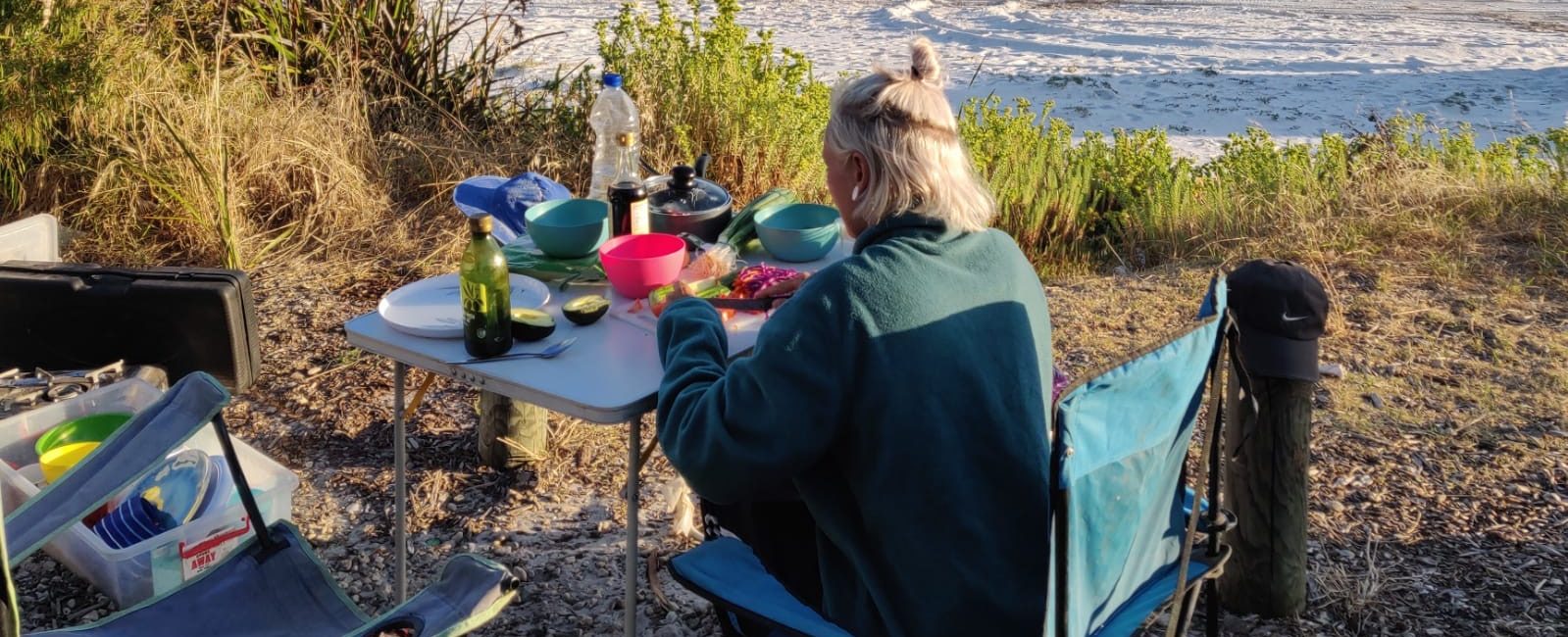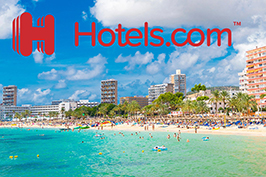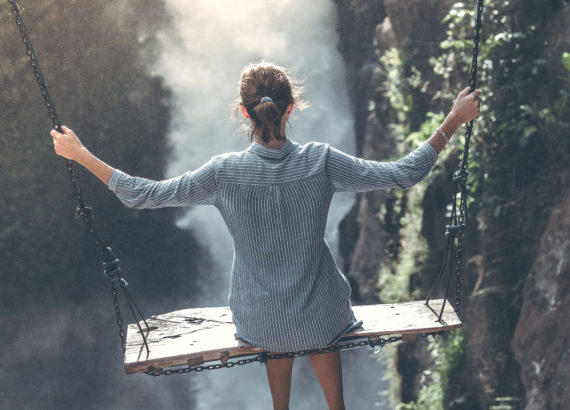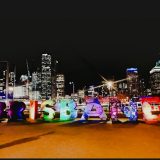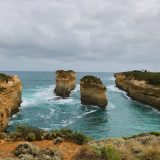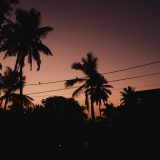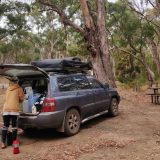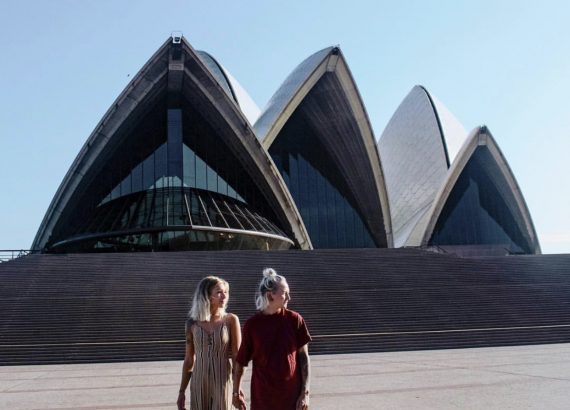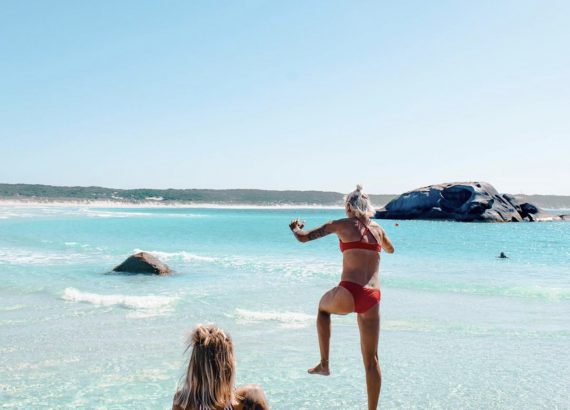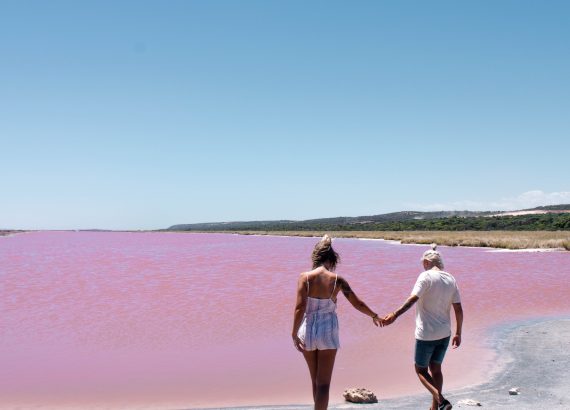The Ultimate Guide For A Road Trip In Australia – On The Road
So many of us dream about the epic road trip in Australia. And Australia truly is a perfect country for that. There are different routes you can choose for your road trip, East Coast, West Coast or maybe Great Ocean Road. Or if you can’t choose, you can always do what we did, and drive all the way around this beautiful country. That will be the road trip of your lifetime, we can promise you that! Whatever route you decide to take, there are some things you need to take into consideration. We have created the ultimate guide for a road trip in Australia for you, so you could make the best out of your trip. We divided this subject into two posts, Getting Ready and On The Road.
VIEW POST: The Ultimate Guide For Road Trip In Australia – Getting Ready
VIEW POST: The Best Budget Tips For A Road Trip In Australia
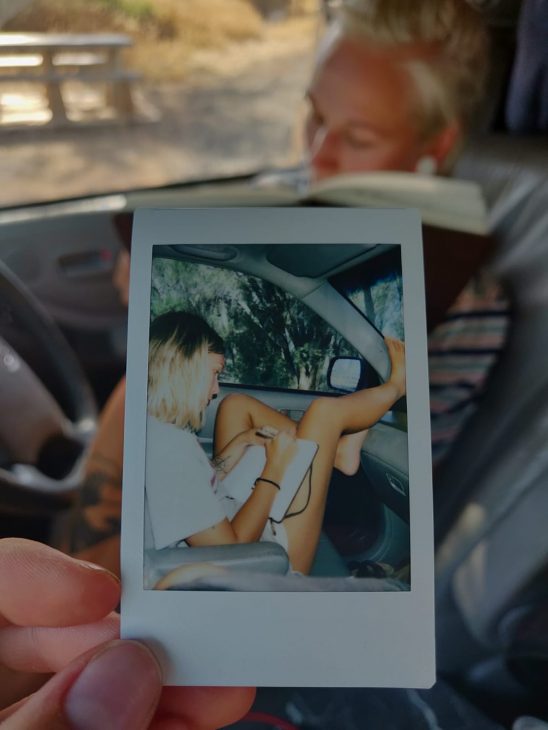
If you are still planning your trip, go check out our ultimate guide for a road trip in Australia- getting ready for your trip! You can also find our itineraries for the East Coast, West Coast and Southwest of Australia. We will also be making a guide to Great Ocean Road soon.
VIEW POST: Perth To Adelaide Road Trip – The Perfect Southwest Itinerary
VIEW POST: The Ultimate Australian East Coast Road Trip Guide
In this post, we will share our best tips for a road trip. We will reveal the best free camping spots, tips for everyday things such as cooking and of course, how much this all will cost you. Simply, this is the ultimate guide for a road trip in Australia.
VIEW POST: Broome To Perth On A Budget – The Perfect Three Weeks Itinerary
On the road
Hopefully, by now you have already figured out who you are traveling with and you have a car ready to go. It is time to hit the road! We hope you will have an amazing time and you will survive without any bigger troubles. To make the best out of your trip, we have gathered together some tips for your trip!
Safety on the road
During all of our adventures, we think that safety and health always come first. It is just plain stupidity to unnecessarily risk either one of those, it is not worth it. Especially if you are doing it just to save some money.
Always have insurance. For your car and yourself. You never know what might happen and it can get crazy expensive if you end up in a serious situation like a bad accident. Worst case scenario (after death, obviously) is that you get into a bad accident, your car gets completely smashed and you will end up in a hospital. No kidding, we know someone who this happened to.
Have all the basic things you need to have in case something happens. This would be a first aid kit and all the necessities for your car.
Do not drive when it is dark. This might be an appealing option especially if you have a long way to drive. But it is not very safe, especially on roads with little traffic, because there will be so many animals on the roads. It also sucks to start setting up a camp when it is super dark. Try rather wake up earlier and do the driving before the dawn comes.
Switch driver often enough and don’t drive too tired. When driving for hours and hours, (again, especially on West Coast) you easily get blind to how tired or numb you actually are. Keep each other company with your amazing jokes, don’t drive over four hours in a row and keep enough breaks.
Always keep enough water with you. You might not always find places to refill water and if you are in rural areas, it can get a bit stressful if you realize you are running out of water.
Trust your gut
Be skeptical about shady people. Unfortunately, it is not unknown for backpackers to disappear in Australia. It is not common and we don’t want to scare you, but it is still good to trust your gut. We got once invited to use a cottage for a shower by a man (who we had also seen the day before and he had told us how a lot of backpackers go missing in Australia, creepyyy…), but we felt a bit weird by this and said no. Otherwise, we did not have any uncomfortable or scary experiences.
Camping tips for your road trip
A road trip usually means camping. There are a lot of options for camping places in Australia around the country. We really recommend taking advantage of free camping spots, as this will save you a lot of money. Some free camping areas are pure bliss – you might camp on a beach and enjoy the most stunning sunset you have ever seen. Others are just pure shit. We slept quite a few nights at a small truck stops full of flies and toilet paper left everywhere. But either way, they are free.
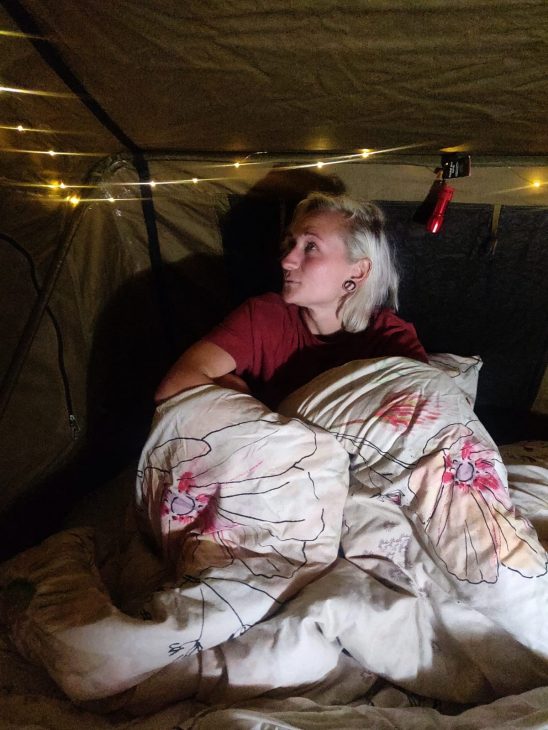
Free camping
Use apps like WikiCamps or CamperMate. You will find loads of camping areas from them and you can choose the filters of what you want from the spot (free camp, toilet, shower, drinking water, etc.) You can also read the reviews which can actually be super helpful. Some apps show some places and some others, so it might be useful to have a few of them.
Arrive early. Especially some of the best free camping spots might end up getting full. If you want to secure your spot, make sure to arrive early enough. It is also nicer for you to set up your camp when you still have some light rather than in pitch black (been there, done that..).
Have a plan B. Mark a few good places on the map that are on your route. Sometimes the camping area might be full or it is just not something you want to stay overnight. So always try to have another place ready in mind that you can try out your luck on in case the first one isn’t good.
Avoid windy spots as you might find it impossible to sleep in the noise that the wind can make. Van will probably be alright in stronger wind, but in a tent, the noise can get unbearable.
Keep organized
When you have your whole life squeezed into one car (possibly with a few other people too), it can eat a bit messy. You will end up thinking that your car is actually eating your stuff, as they keep disappearing all the time. We found it good to keep our stuff in big boxes and containers, so they would not be lying around the car. Have a cleaning day once a week, to locate all the missing stuff and to get rid of all the sand and trash that finds its way to your car.
If it gets too much, get a hostel room. There is no shame in getting tired of camping, especially if you are on a longer trip and you free camp a lot. If the fun is starting to disappear, book a hostel room for a night or two, freshen up properly and have a good night’s sleep in a comfy bed.
Be a responsible camper
Be a responsible camper. Don’t leave trash behind (even toilet paper, it can really ruin a good spot if there is toilet paper left every). Obey the fire restrictions (we have sadly all seen now what a fire getting out of hands can cause). Take other campers into consideration (don’t be the dickhead who plays loud music until midnight if everyone else is clearly trying to sleep).
Some of the best free camping areas
Next, we will share some of the best free camping spots that we found during our road trip!
Western Australia – Cliff Head South Campground (Lat -29.529180 Lng 114.990375) A great area close to the beach. You will see stunning sunsets here! It can get windy. Toilets and reception.
Western Australia – Cosy Corner (Lat -35.059086 Lng 117.64607) A superb area right next to the beach. You will find toilets here and proper bays to park different sized vehicles. 7 days maximum stay. Reception. A popular spot so be here early!
South Australia – Coles Point Bush Camp (Lat -34.370619 Lng 135.355275) A gorgeous view to the ocean. It can get windy. No toilets or reception. There are quite a few free camping areas around the Eyre Peninsula to choose from.
Victoria – Beauchamp Falls Reserve (Lat -38.561239 Lng 143.606589) A good spot to free camp during Great Ocean Road. A popular spot so be early! Toilet.
New South Wales – Mount York Campground (Lat -33.555670 Lng 150.221637) A nice place to free camp while exploring Blue Mountains National Park. Toilet and reception.
Queensland – Hugh Munoz Park (-27.718085 Lng 153.209918) Nothing special in this place except that there are not many other free camping areas around. It can get crowded so be early. Toilets and reception.
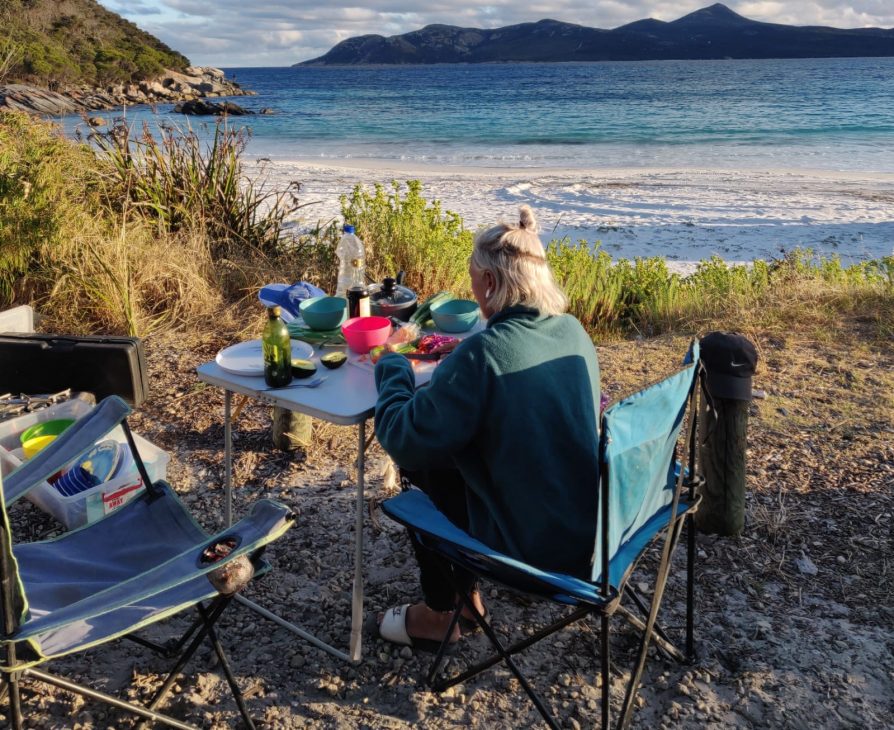
Cooking tips
We already told briefly in our first part of our road trip guide about what to pack with you. Next, we will be sharing some tips for cooking on the road.
You don’t want to be eating noodles and plain oats for weeks during your trip, even if it would be a cheap and easy option. You can do it cheap and easy in other ways too! We recommend to bulk buy dry food in big markets like Coles or Woolworths. Get yourself a good stash of good old can food, pasta, rice and other dry food that lasts heat. The car will get insanely hot, so without a fridge, the food goes bad real quick.
Mix it up! Variate your favorites as much as you can to keep it interesting. Throw some dry fruit or cocoa powder in your oatmeal to give some new flavors. Take a nice collection of spices with you to give a new zing to old classics.
Our favorites during road trips were fried noodles with beans or chickpeas. The vegetable curry was a hit and we loved lentil mince with spaghetti. Banana oats with cinnamon and sugar became an addiction and other mornings started with toast topped with tahini. Vietnamese spring rolls were a treat when we got ourselves some fresh stuff.
If you are a smart bastard and have invested in a fridge only the sky is your limit. Make sure to always have extra gas with you!
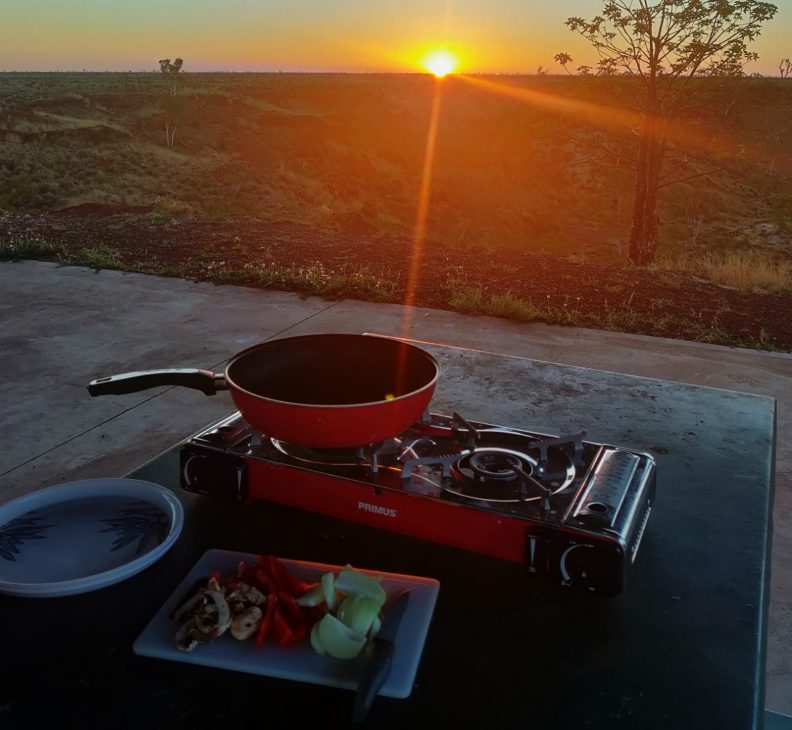
Budget for your road trip
This was something that we had a bit hard time estimating before we left. Your budget obviously will depend on things like what road trip you are taking, how many people there are and what kind of car you have. We can’t give you a straight answer on how much your trip will cost, but hopefully, after reading this, you will have some idea. We have also written a post about budget tips for road trips.
But let’s have a look at what everything on average will cost.
How much does a car and camping gear cost?
People will put very different amounts in their cars. You might find one that fits your needs for $2000. If you want a proper car with possible camping gear in it already, you will probably end up paying more like 3000-7000 dollars. It might sound a lot, but rarely anyone buys a car alone but splits the cost. With a bit of good luck, you will get all or at least most of it back when you sell it. Renting a car is a good option for shorter trips. The price will be higher if you want to return the car in a different location than where you picked it up. The prices for renting a van for a month would be roughly around $2000.
We bought our car with all the camping gear in it. If you don’t have anything ready, be prepared to spend at least a few hundreds on this. This will depend though on what kind of gear you are after. Fridge and rooftop tent will cost hundreds just themselves, but basic chairs and tables you can get for $30.
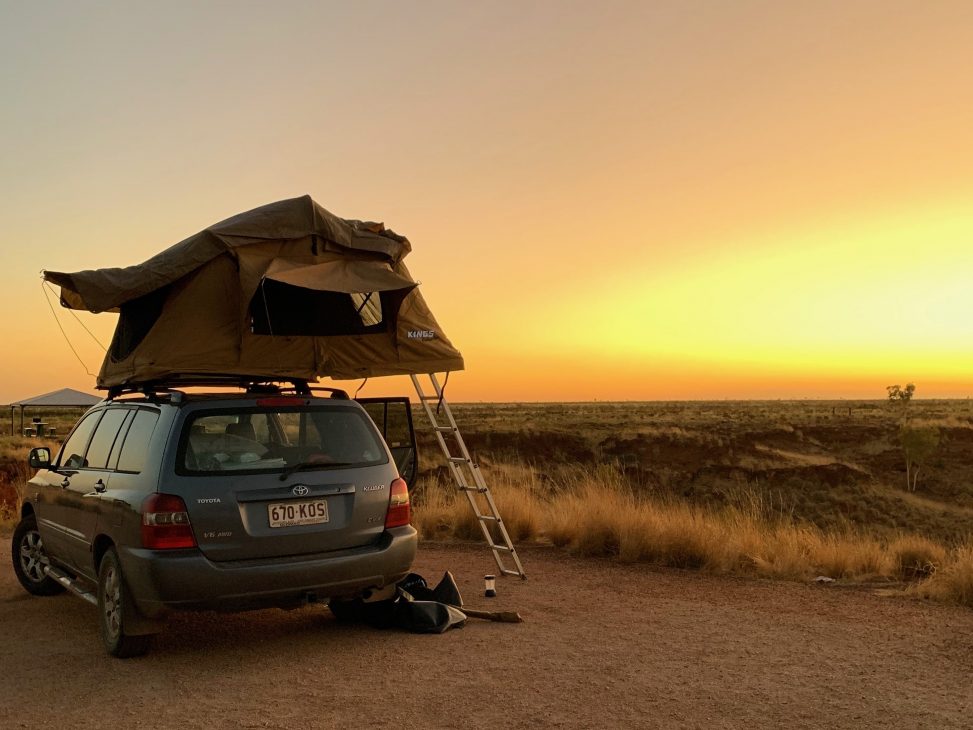
Other costs
When writing this post, petrol in Australia costs is roughly around $1.50. There can be big differences between different areas. You should be able to estimate you cars petrol usage based on how much it uses per 100km. Remember to keep in mind that you will probably travel will full load and this will reflect on petrol consumption.
There are a lot of free camping areas around Australia, but you not always. Be prepared to pay for camping especially around big cities. Avoid the big RV parks as they are expensive.
Hopefully, your car will last your trip and you don’t need to fix it. Sometimes this happens anyways and you might need to fix a broken tire, or worst case scenario an engine. This is something we would not want to count into our budgets, but trust us, always be prepared for this.
Also, add to your budget all the other fun you want to do! If you are visiting national parks, taking boat trips or visiting big cities, this all will cost you money. Plan a realistic budget, always rather a bit too high than too low. That way you will get the best out of your trip without having to stress over your money!

